By Shivum Ganesh, Contributor
First and foremost, this piece is only about presidential primaries, not any other primary elections. Maybe I'll address those later. I am going to assume you, the reader, have some idea what a primary election is, in most cases, it's where a the public - generally registered with a given party- chooses that party's nominee for an election.
HISTORICAL BACKGROUND
Primaries at the presidential level have existed (sort of) since the Progressive Era (broadly 1896-1920), with states introducing them for both parties as early as 1912, a year that signified the height of the Progressive Era. Briefly, this was an era defined by an expansion of the democratic process, with the introduction of the direct election of senators, ballot initiatives, and women's suffrage.
These elections were not taken seriously by the party bosses and were largely ignored. For the next 60 years, nominees for president would continue to be decided by bosses and power brokers at the party conventions. The turning point for primaries, as with the United States as a whole, was in 1968.
That year, as March drew to a close, President Lyndon B. Johnson, after a lot of introspection, withdrew his candidacy for that year's election. The party had since 1932 been organized under the New Deal coalition of Labor, Southern Whites, African-Americans, Immigrants and Urban Liberals. It was now bitterly divided due to the Vietnam War and racial issues. George Wallace, a Southern Democrat who favored segregation decided to run an independent campaign and took Southern votes with him. But for the first time, major candidates like Robert F. Kennedy emphasized campaigning in states that held primaries. After RFK was assassinated, the New Deal coalition was divided on the Vietnam War and Vice President Hubert Humphrey, who largely supported LBJ's policies, won the nomination despite not competing in the primaries at all. While Humphrey still retained broad support and came within a hair's breath of winning in 1968, he did not win and the party and its image were weak. Soon after, the McGovern-Fraser commission would recommend the institution of primaries to nominate candidates. "Superdelegates", aka party elders, would now have a much smaller role. The Republican Party, which was also divided between its Moderate-Liberal wing and its increasingly radical Conservative wing, pushed similar reforms for 1976. This system has largely remained the same to this day.
In theory, these reforms are admirable in their attempt to expand democracy in political parties. But actually, well...
THE PROBLEM
Ok, so first of all, political parties are not the government, and thus are not obligated to select their leaders "democratically". Other countries, especially European countries, elect a leader at a party meeting when the previous one steps down. Because the two-party system is so entrenched in American politics, the primary elections are not held by the parties but generally by the counties and states themselves. This should not be the case - state resources should not be used in any extensive way to assist political parties and their campaigns. The Democratic and Republican parties should be political, not institutional. While political parties should challenge each other throughly on policy and governance, they should not have the government assist them in choosing their leaders. But I’m getting ahead of myself.
Take 2008, as an example. The Democratic primaries between then-Senators Obama and Clinton were extremely close, with the popular vote in a dead heat and Obama taking the pledged delegate count (basically the party's electoral college) by the barest of margins. In reality, both candidates agreed on policy and the campaigns differed more in aesthetics and rhetoric. Without the primaries, major and minor party figures could have simply met in the summer and picked who they liked better, with the other being promised the nomination in 8 years time. Of course, the drawback is that 8 years is a long time and unlike in the United Kingdom for example, the President cannot simply resign willy-nilly and hand the job over to whoever they want.
Turnout is generally quite low in primary elections, since more people are apathetic. Only the most committed voters turn out to vote in these, and evidence shows that these voters are more partisan, and enable more extreme voters and candidates in the party's nominating process. This creates a situation where a party nominates someone who doesn't align with the leadership's interests, which causes chaos. Moreover, primary elections mean that a party de facto divides itself into several parts where candidates smear each other instead of building the party's image.
Now let's look at 2016. In 2016, as populist candidates surged, bitter primaries badly weakened both major parties. General election voters, more likely to not have strong political views, were more dissatisfied than ever with both party nominees. While a two-party system might be seen as detrimental to voters, 1968 and 2016 show that party disunity can also be detrimental to voters.
THE SOLUTION?
On July 21, 2024, President Joe Biden withdrew from the race, facing mounting pressure from party veterans like Nancy Pelosi. It was a long time coming by that point, but left many questions on the table. However, Biden answered most of these questions in his withdrawal letter, in which he endorsed VP Kamala Harris as his successor. While Biden made history primarily for being the first president to withdraw after one term since the 19th century, he also may have made history for making the first significant change to the political process since 1968. By immediately endorsing Harris and directing all of his political machinery to her, party leaders had no choice but to get behind her and a majority of party delegates were pledged to her within a week. The rapid turnover with which this all happened is important to underscore - this move circumvented the entire primary process, and virtually no one cared, except for some Republicans, hilariously. Remember, Biden, while only facing token opposition, was officially nominated through the primary process, which had wrapped up in June.
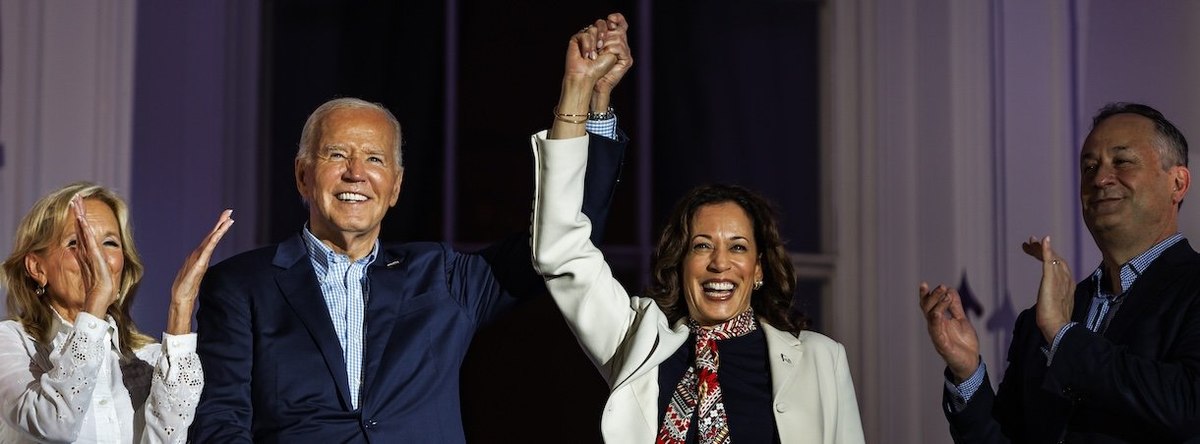 |
| President Biden and VP Harris at the White House |
The Democratic Party has not been this united, maybe ever, and Biden's withdrawal provides a framework in which a successor can be handpicked and confirmed without party infighting in a politically damaging primary election (see: Hillary Clinton, Jimmy Carter, and Gerald Ford).
While voters may have their own opinions, the people inside the party that dedicated their lives to it should have leading influence on who gets chosen as leader. Voters can have their say come November in the general election.
-------------------------------------------------------------------------------------------------
POSTSCRIPT: If you want more choices, may I suggest ranked-choice/instant-runoff voting? This enables many candidates to run on a general election ballot without a "spoiler effect". Through the ranking system, you can support your favorite candidate without harming another candidate you approve of. Spread awareness and help campaign for electoral reform in your state!

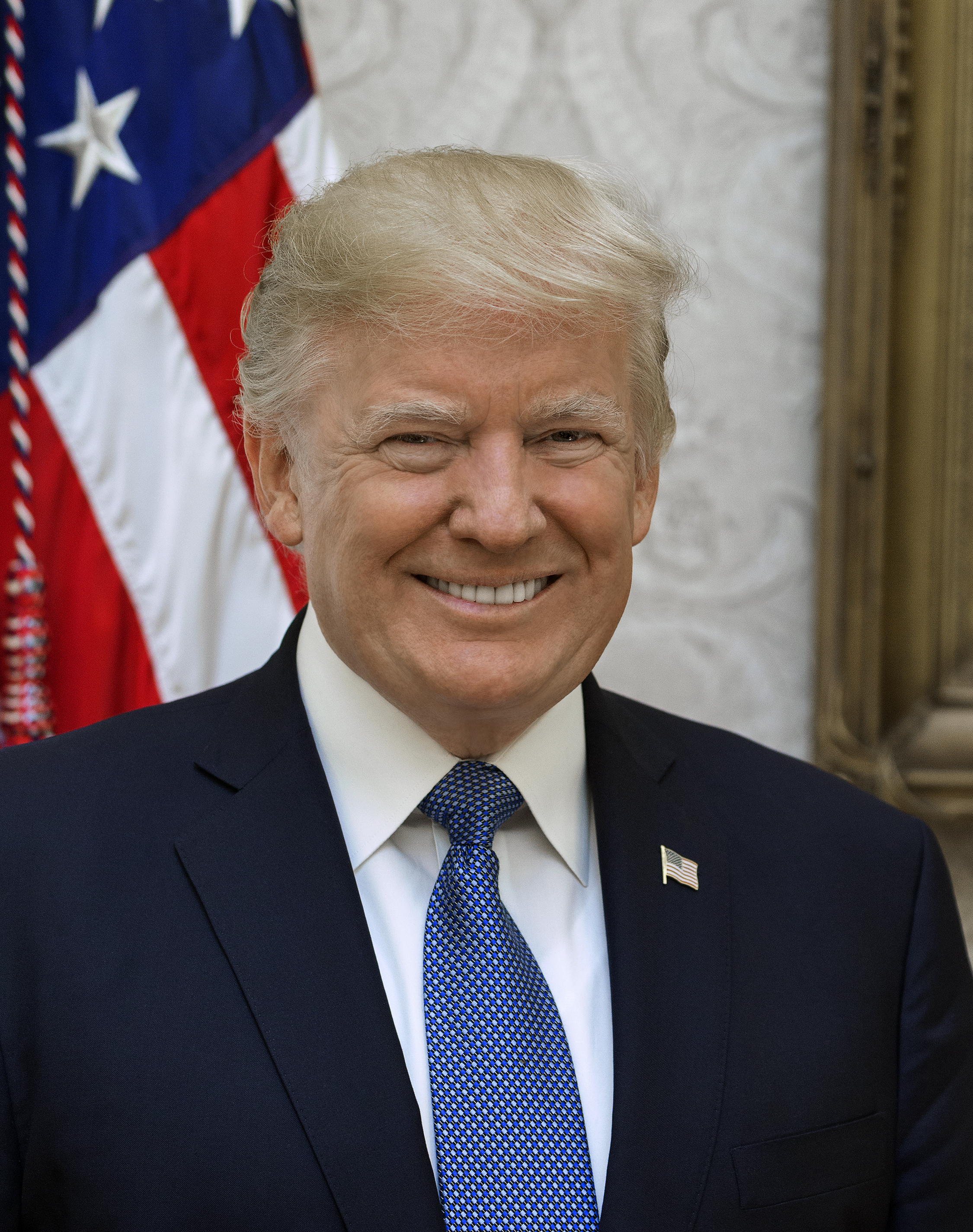

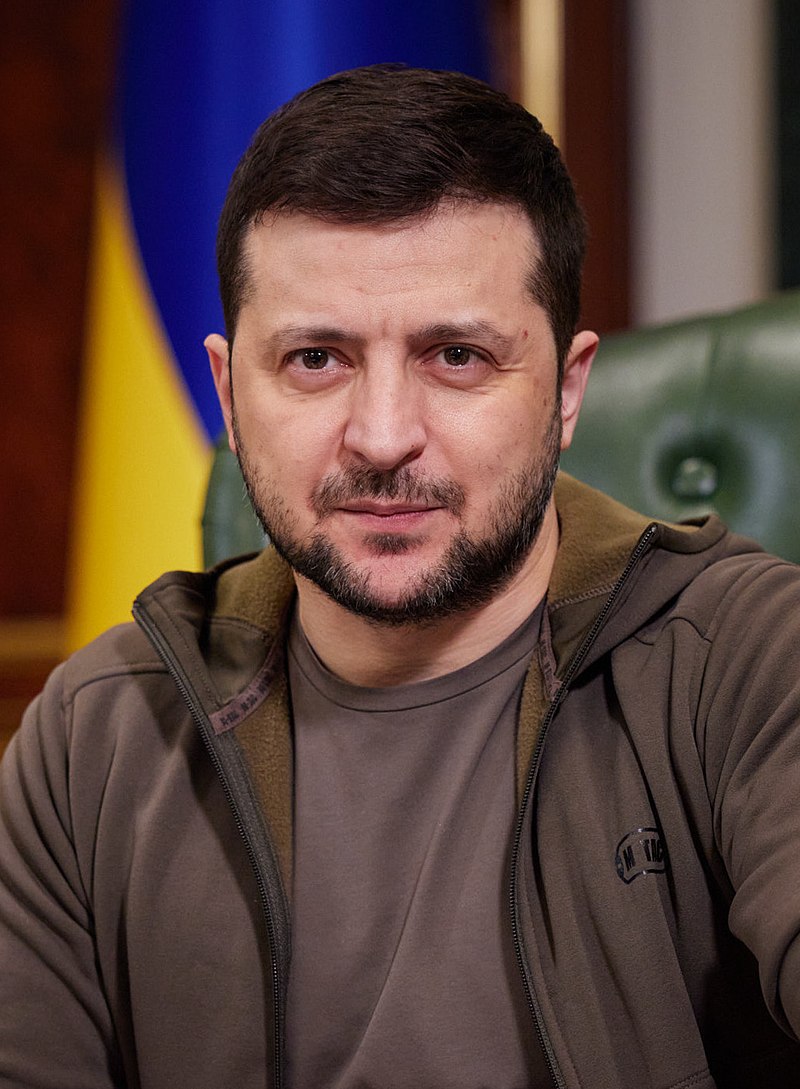
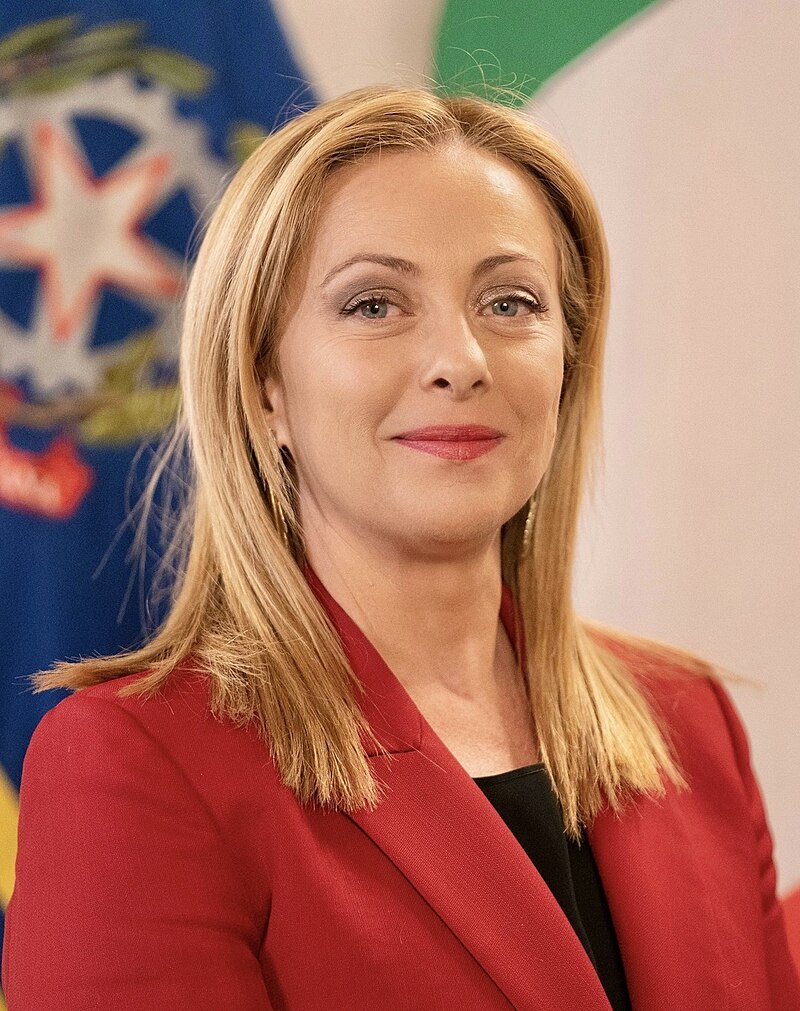


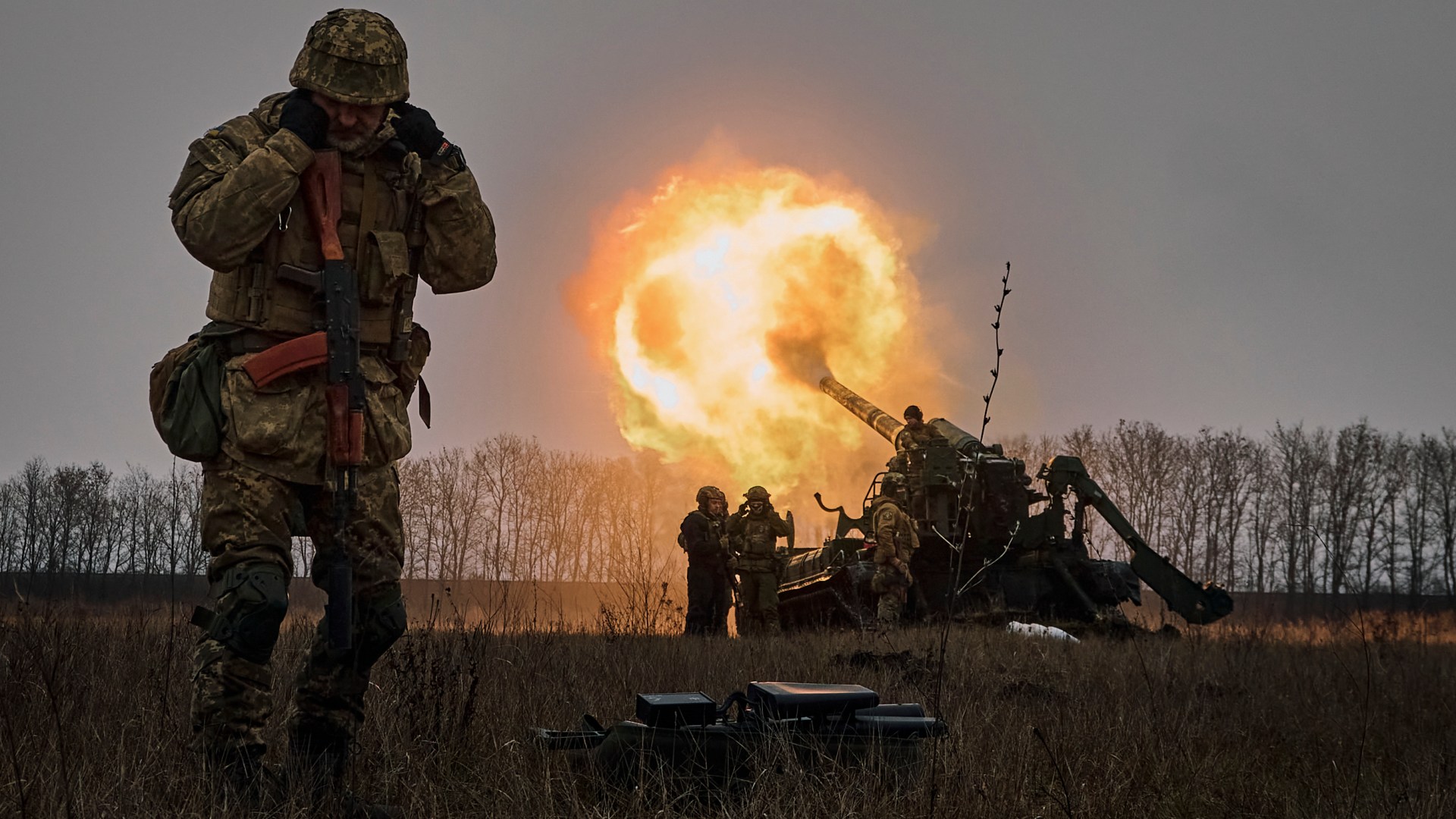



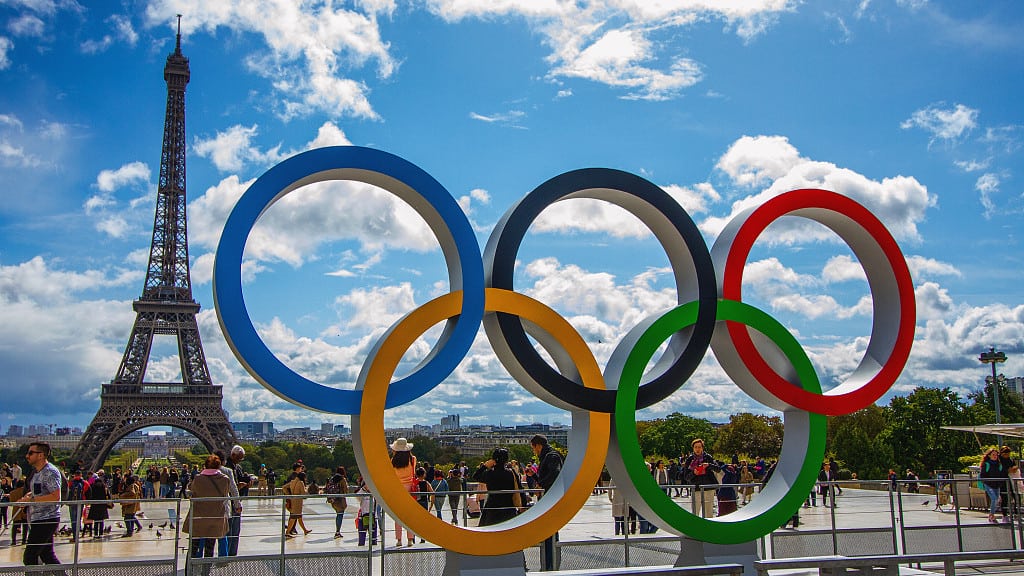


No comments:
Post a Comment